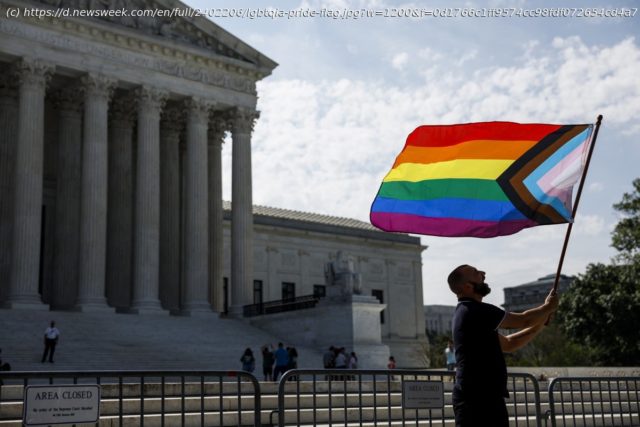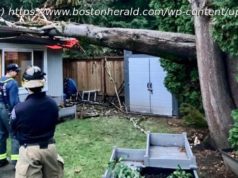The 24/7 crisis hotline has expanded to include services specialized for young LGBTQ+ Americans.
Timothy Jansen came out as gay to his family and friends years ago, and found he was mostly supported. While some admitted they were struggling with the concept, they told jim they loved him and would figure it out. He says he’s one of the lucky ones.
„Most people don’t have that,“ the 57-year-old Maryland native told Newsweek.
Now CEO of the nonprofit 988 support network Community Crisis Services, Jansen spends his days on the ground and on the phone talking with individuals in need.
At a time when, despite so many civil-rights advances, LGBTQ+ Americans still face disproportionate rates of mental health challenges and suicide risk, the importance of specialized support for the community cannot be overstated, he said.What is 988?
In 2020, Congress designated the 988 dialing code to be operated by the National Suicide Prevention Lifeline. The 24/7 hotline is made up of a patchwork of over 200 local and state funded crisis centers across the country. Counselors at these centers answer calls, texts and chats from people in distress.
Jansen said only about 15% of the calls Maryland-based Community Crisis Services fields are suicide related. For those, a specialist helps to ensure the caller is safe in the moment. Other calls, however, can be about coming out to family members or other non-life-threatening situations.
The substance abuse and mental health services (SAMHSA) administration is the lead federal agency that awards funding and support for 988.
SAMHSA also funds Vibrant Emotional Health, a national non-profit which supports the network, data, training and routing of the 988 Lifeline.
„Having 988 is so critical,“ Dr. Tia Dole, chief 988 Lifeline officer at New York-based Vibrant Emotional Health, told Newsweek. „We have served so many people…We help them, but really they are saving themselves.“
Since rolling out, 988 has had touchpoints with nearly five million people.






